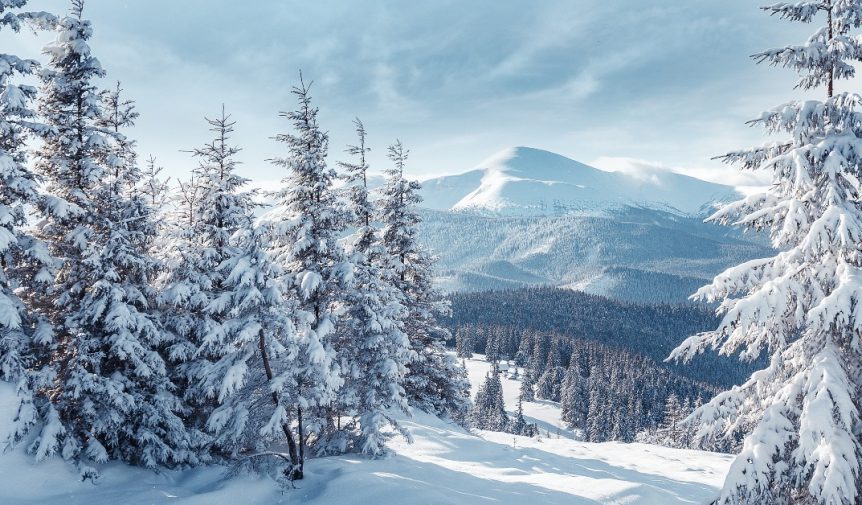Just a reminder that our virtual book discussion will be held on March 21st at 10:00 MST, more information to follow.
In preparation for that discussion, we will be posting some topics to consider for each of the books we are reading. Each month we will focus on two titles.
Little Women by Louisa May Alcott
I chose this book for the winter reading program for a few reasons. In addition to being a beloved American classic and a personal favorite, it also embodies the theme of coziness. The March family home is both a refuge from a country at war and from the ravages of adolescence that mark the transition from childhood to adulthood. And let’s not forget the amazing breakfast spreads and glowing hearths! Here are some questions we could discuss during our conversation.
Who is your favorite character in Little Women, and why? Which character do you most identify with, and why? Did your favorite character change as you read the book?
The novel focuses on the complexities of sibling relationships. What moments best illustrate the bonds between sisters?
How relevant are the trials and tribulations Jo and her sisters face to the modern reader? Do young people today face similar issues?
What scenes from Little Women do you still remember after you have closed the book?
Snow: A Scientific and Cultural Exploration by Giles Whittell
This book was a no brainer for our winter reading program. It is the bluster of snow and arctic cold that drives us to make our homes dens of comfort and warmth in the winter months. Sometime non-fiction is difficult to read, but the author does a wonderful job of creating interest and making the topic relevant by using examples from familiar culture to explain complex science. Consider these questions for our upcoming discussion.
What is your personal relationship with snow? Do you love it, do you hate it, and why?
If you live in a snowy climate, how does snow affect your daily life in the winter and in the other seasons?
The author describes many scenarios when snow has inadvertently changed the outcome of history. What ways have you seen seemingly insignificant things make big changes in your life, or in world events?
While the author takes no stance, the book does touch on some ideas about climate change that have become politically polarizing in recent years. Did exploring these ideas detract from or enhance your reading experience?
Image Description: An alpine mountain scene with snow covered pine trees in the foreground and snow covered mountain peaks in the background under a blue/grey sky.

